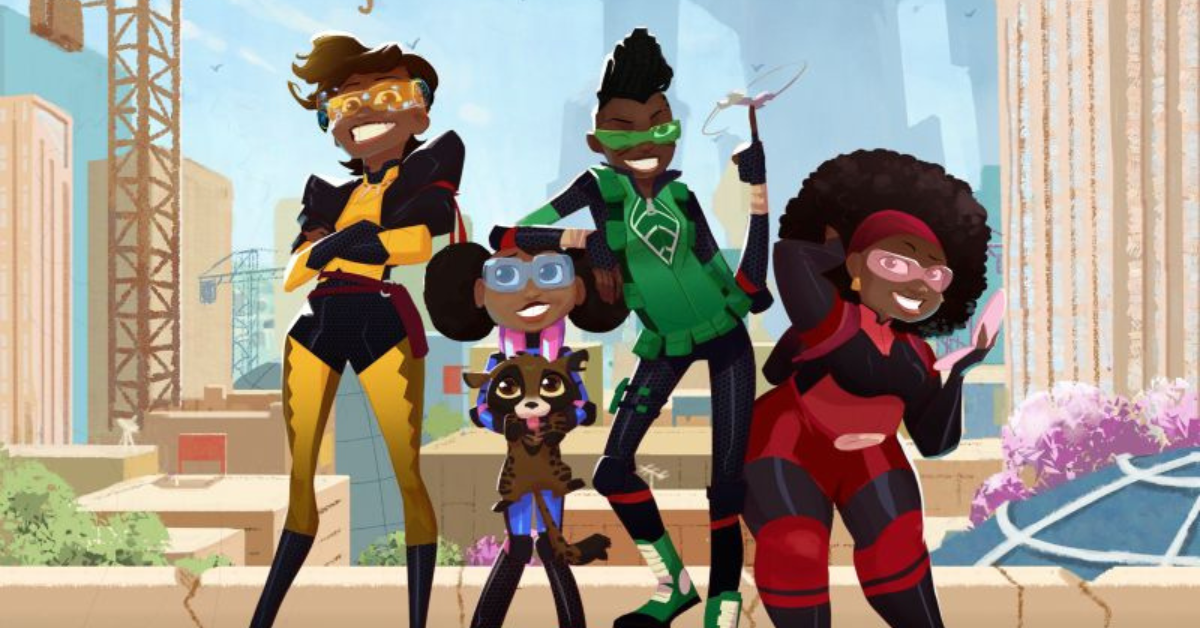From traditional news outlets to social media platforms, the stories we consume have a significant impact on how we view the world and the opinions we form.
At the heart of the media’s ability to shape public perception lies the power of storytelling. Whether it’s a news article, a social media post, or a documentary film, the stories we consume can evoke emotions, challenge narratives, and change minds. This article explores the impact of media on public opinion and how it can be used to drive positive change.
By consistently and accurately reporting on issues that matter to the public, the media can shape public perception and drive positive change. Here are some ways storytelling can be effectively used:
Highlighting Social Issues: Media can bring attention to pressing social issues, such as gender inequality, poverty, and corruption. By sharing the stories of individuals affected by these issues, the media can humanise the statistics and inspire empathy and action.
Educating the Public: Storytelling can be a powerful educational tool. For instance, health campaigns often use relatable stories to communicate vital information about diseases such as malaria or HIV/AIDS. By framing these issues within personal narratives, the campaigns become more engaging and memorable. The MTV Staying Alive Foundation has effectively used storytelling through its Shuga drama series to educate young people in Africa about HIV/AIDS and sexual health Shuga is a long-running drama series that follows the lives of young people navigating relationships, sexuality, and the challenges of growing up.
Encouraging Civic Engagement: Media storytelling can motivate citizens to participate in civic activities, such as voting or community service. By showcasing the impact of individual actions through compelling narratives, the media can inspire others to get involved.
Creating a Sense of Community: Stories can foster a sense of belonging and community. In Africa, media outlets often highlight local heroes and community initiatives, reinforcing the idea that collective action can lead to positive change.
Storytelling fosters effective media communication. Stories resonate with people, evoke emotions, and foster connections. They can simplify complex issues, making them relatable and understandable.
While the media has the potential to shape public perception positively, it also faces challenges. Misinformation and biased reporting can distort public understanding and lead to distrust. The rise of social media has amplified the spread of false information. This highlights the importance of media literacy and critical thinking among the public. By prioritizing accuracy, empathy, and community engagement, the media can continue to play a vital role in shaping a brighter future for all.
The media’s influence on public perception is undeniable and it is important to critically engage with media messages to create a more informed and engaged society. So, let’s continue to tell stories that inspire, challenge, and unite us, because the power of the media lies in its ability to shape the world we live in.






